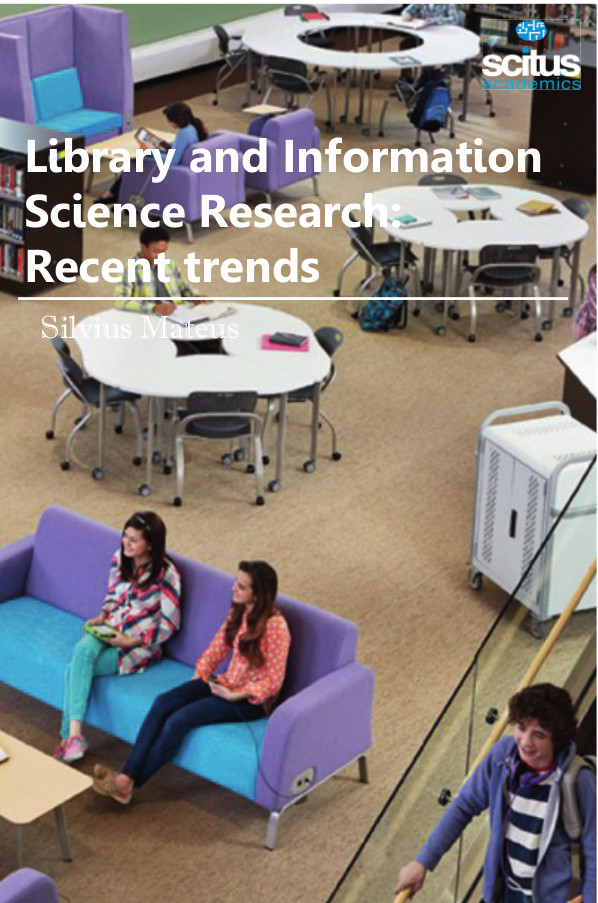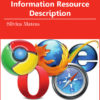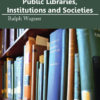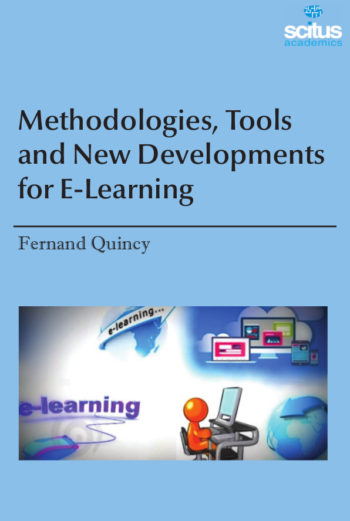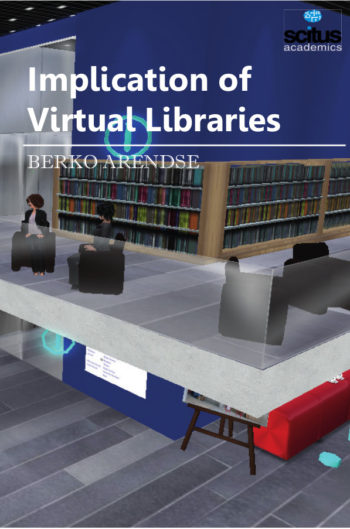Library and information science is a merging of library science and information science. Responsibilities of LIS departments and teachers are increasing to produce best LIS professionals to lead the 21st century librarianship. The major responsibility of the LIS is to groom LIS students in the philosophy, knowledge, and professional values of librarianship, as practiced in libraries and in other contexts, and as guided by the vision of the 21st century librarianship. In academic libraries, as in most other places, there is a trend toward tighter budgets and fewer staff, accompanied by the outsourcing of some of the traditional “behind the scenes” work such as selection, technical services, cataloging and shelf-preparation. At the same time, there is huge growth in Electronic Resources, Data Curation (for researchers), digitization and an emphasis on focusing limited staff time, expertise and resources on “hidden collections” that are the more unusual things which require specialized, human attention.
Library and Information Science Research: Recent trends focuses on the research process in library and information science as well as research findings and, where applicable, their practical applications and significance. This book brings together chapters that present a range of chapters about the trends in education and research in the field of library and information science. The quality of LIS educators has also improved and research output is experiencing new dimensions. Increase in the use and access to information and communication technologies (ICT) for LIS education is now more evident.

